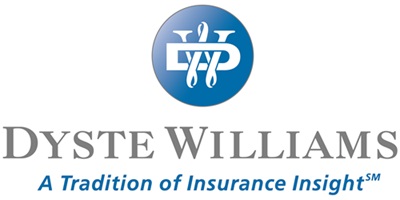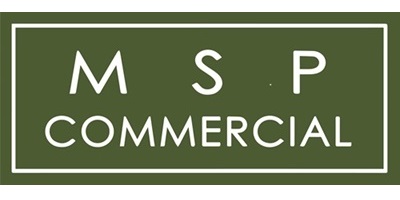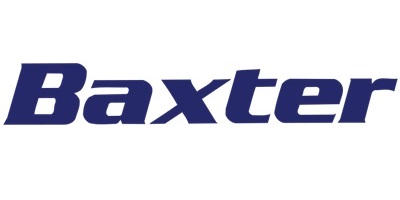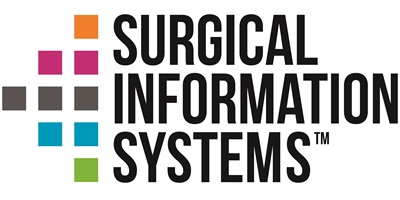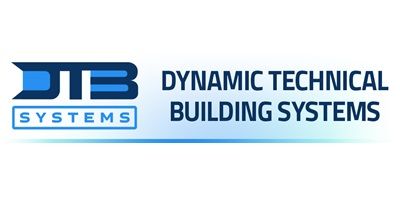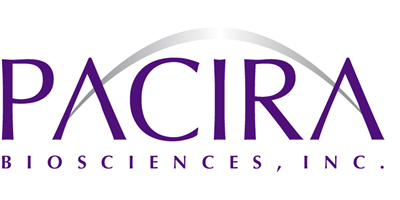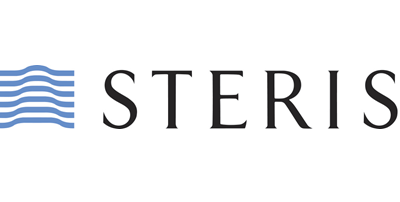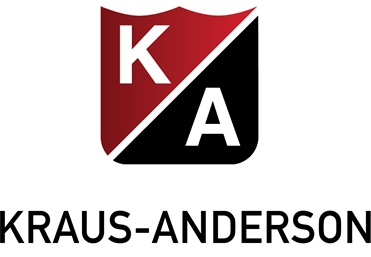- Home
- About Us
- Learning & Events
- Advocacy
- Focus on New Laws
- Resources
- Sponsors
- Contact Us
MNASCA Education SessionsEach year, MNASCA hosts a series of online Education Sessions on timely topics. These learning events provide members with continuing education opportunities to stay current on key issues affecting ASCs. 2026 Education SessionsLife Safety Survey Preparedness 2025 Education SessionsWater: The Life’s Blood of Sterile ProcessingFriday, August 15, 2025 Angela Ritchey, Clinical Education Specialist, STERIS VIEW session resources Navigating Culture Rupture & Repair with Cultural Humility Friday, May 16, 2025 Hannah Dufek, LPCC, LADC VIEW session resources
Enhancing Patient Safety Through Success Cause Analysis and Safety-II Approaches 2024 Education Sessions Our 2024 summer educational session on cultivating emotional intelligence to build resilience, was delivered on Friday, July 26. Hannah Dufek, the Director of Clinical Services at CARE Counseling, shared strategies for leveraging EQ to build stronger relationships, communicate more effectively, and navigate conflicts and setbacks with greater resilience. Click here to view the session recording and related resources. MNASCA hosted our second online education session on Friday, April 26 on how to prepare for your next survey. This session was led by Mary Ryan, Senior Consultant for Amblitel. Ryan is a former President of the Iowa Association of Ambulatory Surgery Centers and also served on the Board of Ambulatory Surgery Certification (BASC). Click here to access the session slides, a recording of the presentation, and many helpful resources! Our first education session of 2024 was held on January 19th. Presenters from Dyste Williams and COPIC introduced the Candor process and explored how using this model can help ACSs improve patient safety. Click here for more information, including the session slides/video and helpful Candor-related resources.
Education Planning SubcommitteeThe MNASCA Education Planning Subcommittee meets monthly to plan future Education Sessions and discuss ways to involve MNASCA members in an educational forum. If you are interested in getting involved with the subcommittee or have an idea for an upcoming education session, please email [email protected], or Hailey Englund, Chair of the Subcommittee, at [email protected].
|

